What Is Medicare Part A?
Medicare Part A is a critical component of the United States' healthcare system, primarily covering inpatient hospital care, skilled nursing facility care, hospice, and some home health care services. For most people, Part A is premium-free if they or their spouse have paid Medicare taxes for at least ten years. Here's a closer look at what Medicare Part A covers and how you can enroll in Medicare even if you are not in a standard enrollment period.
What Does Medicare Part A Cover?
Medicare Part A offers substantial coverage for:
Inpatient Hospital Stays: This includes semi-private rooms, meals, general nursing, and drugs as part of your inpatient treatment.
Skilled Nursing Facility Care: After a qualifying hospital stay, Part A covers certain skilled nursing facility care, such as physical therapy or intravenous injections.
Home Health Services: Limited home health care services, including part-time skilled nursing care and physical therapy, are covered under specific conditions.
Hospice Care: For those who are terminally ill, Part A covers hospice care, including pain relief and support services.
Enrolling in Medicare Part A Outside Standard Enrollment Periods
While the Initial Enrollment Period (IEP) and the General Enrollment Period (GEP) are the most common times to sign up for Medicare, there are special scenarios where you can enroll outside these periods.
Initial Enrollment Period (IEP): This seven-month period begins three months before you turn 65, includes your birth month, and ends three months after.
General Enrollment Period (GEP): From January 1 to March 31 each year, with coverage starting on July 1.
Special Enrollment Period (SEP): You can qualify for an SEP if you meet certain conditions, allowing you to enroll without penalty. Here are common scenarios that grant an SEP:
Employment-Based Insurance: If you or your spouse are still working and covered under a group health plan through that employment, you can enroll in Medicare Part A anytime while covered by the group plan or during the eight months following the end of employment or coverage, whichever comes first.
Disability: Those who receive disability benefits from Social Security or the Railroad Retirement Board become eligible for Medicare after 24 months of disability benefits. Enrollment can occur any time during the period you’re receiving these benefits.
Reach out to our Team
While we try to be as thorough as possible, we understand that all of this information can be a lot! Here at Health Resources Insurance, we’re ready to meet you in your home, or our office, to go over your specific Medicare planning. Give us a call today to speak with one of our experienced agents.
